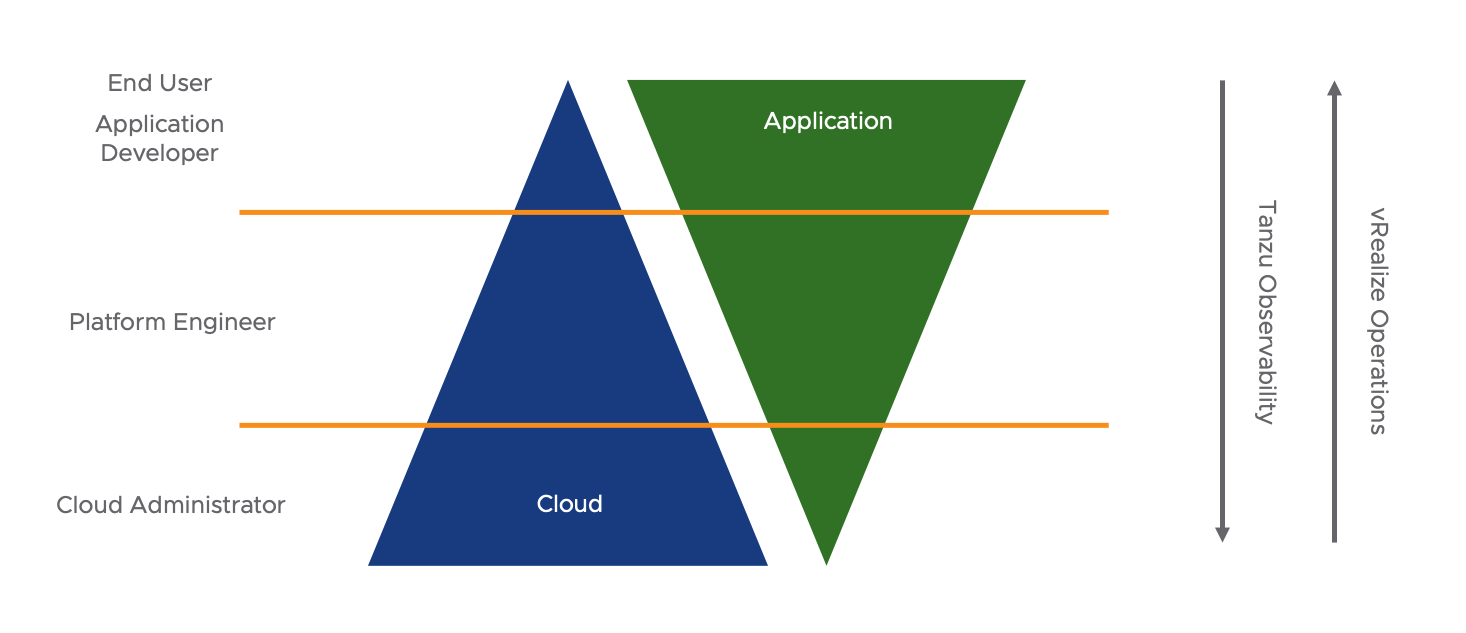- I recommend the Pixel 9 to most people looking to upgrade - especially while it's $250 off
- Google's viral research assistant just got its own app - here's how it can help you
- Sony will give you a free 55-inch 4K TV right now - but this is the last day to qualify
- I've used virtually every Linux distro, but this one has a fresh perspective
- The 7 gadgets I never travel without (and why they make such a big difference)
Kubernetes Observability & Monitoring in the Cloud – VMware Cloud Community

In refining full stack visibility, it’s clear that different operations have different needs, and require different tools to monitor and observe the full stack. VMware Cloud Management can help you monitor your Kubernetes installation and the clusters that get deployed on top of that.
As we’ve seen in the previous Kubernetes blog posts (part 1,2,3), more and more IT workloads are getting deployed using Kubernetes. Kubernetes has become the platform of choice for developers to create applications on top of.
It is easy to write a distributed application using containers with Kubernetes which in the end creates a scalable, distributed application.
So if you either have in-house developers or are consuming software commercially off-the-shelf, you will be onboarding Kubernetes application onto your cloud platform at some point.
Moving towards Full Stack Observability
With the introduction of Kubernetes also comes the responsibility then for “day 2 operations”. Having the ability to see what is happening with the application, the Kubernetes stack, the underlying infrastructure and the network is one of the aspect that you need to take into consideration when deploying Kubernetes applications on top of your infrastructure.
Being able to monitor that entire stack is an interesting task for cloud administrators today. As there are so many components on both the application and infrastructure side. And even though Kubernetes automates a lot of that complexity, it still needs to be monitored and we need to make sure that all the components in the stack are working as intended, but also deliver in accordance of the expectation of the users. For that to happen you need to be able to observe the entire stack. From the users consuming the application to the underlying infrastructure and all its components.
The picture below gives a graphical representation of a full stack from the application to the infrastructure.
From the picture above we can see that there are a lot of components that make up a complete (Kubernetes) application stack. Everything needs to be monitored and observed. From top to bottom or from bottom to top, depending which type of user / operator you are from the platform.
Different operators, different tools
That illustrates the fact that different users have different objectives when it comes to monitoring the application stack. IT Operations is typically focussed on the infrastructure components. While end users, developers are more focussed on the application itself. And last but not least we have platform engineers, supporting the application developers, that need to keep an eye on both the application and the infrastructure.

Looking at the picture above it becomes clear that different operators have different needs. To fulfil those needs typically you need different tools to be able monitor and observe the stack.
How VMware can help with Kubernetes monitoring and observability
Private cloud administrators, running their cloud on VMware technology, are typically focussed on monitoring the cloud infrastructure components and the correlation between them.
Now with Kubernetes, there is an increasing need to also be able monitor the various components that make up a Kubernetes installation and the Kubernetes clusters that get deployed on top of that. Hence the fact that VMware has now build Kubernetes monitoring capabilities in vRealize Operations, Log Insight and Network Insight. The monitoring tools that are part of the vRealize Cloud Management tooling.
These are all tools used by cloud administrators to be able to monitor the cloud infrastructure and make sure that the cloud infrastructure components are up and running.
Now, with containers and Kubernetes becoming a crucial part of the cloud, it also becomes important to incorporate Kubernetes monitoring into the cloud management tooling. For cloud operators to be able to facilitate Kubernetes to the consumers of the cloud platform.
But with the cloud consumers having the ability to deploy Kubernetes also comes the need to be able to observe what is going on the application that are deployed using containers and Kubernetes. This more has to do with the metrics related to application and the ability to know how Kubernetes is performing. vRealize can help to certain degree from a cloud infrastructure perspective.
However for realtime in-depth information about Kubernetes and the applications that run on top VMware provides a tools that is focussed on delivering those capabilities. Tanzu Observability provides a monitoring and observability platform that helps customers to get the best out of their applications that run on top of Kubernetes.
We will go into further details on this in following blog posts. This will provide you a full in-depth view on how VMware is trying to help on both an application and an infrastructure perspective.

